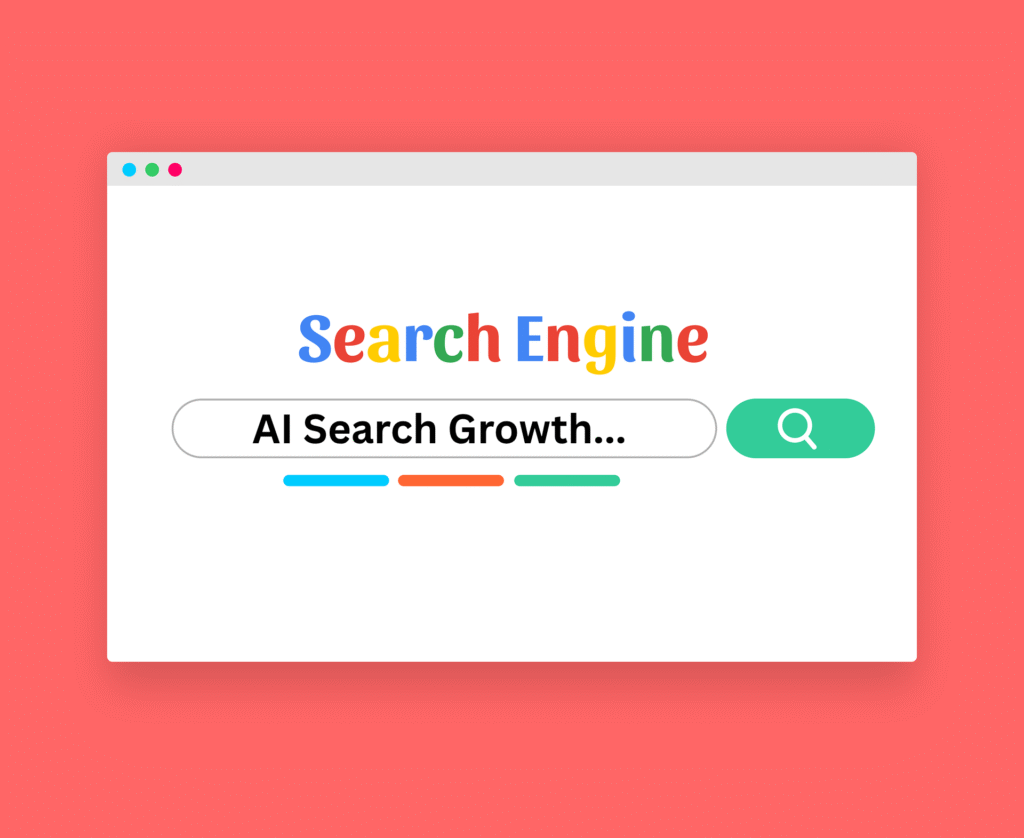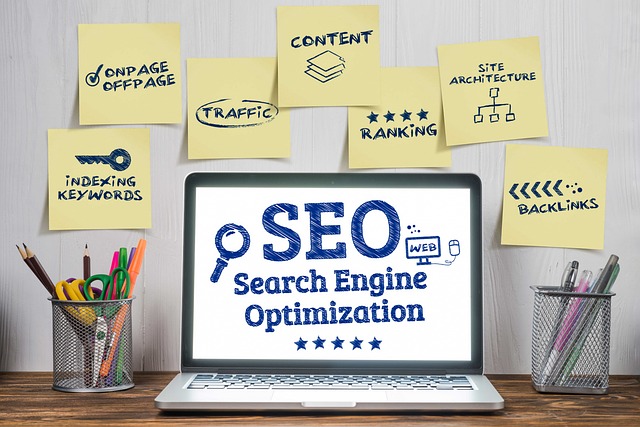
AI Search Is Growing More Quickly Than Expected:
In the ever-changing world of technology, one thing is becoming increasingly clear: AI search is growing more quickly than expected. Just a couple of years ago, the idea of using conversational AI instead of typing keywords into a search bar seemed futuristic. Today, tools like ChatGPT, Google’s Gemini, Microsoft’s Copilot, and others are not only gaining popularity—they’re reshaping how we search for information online.
➡Why Is AI Search Growing So Fast?
There are several reasons for this rapid growth, but the most important one is user experience. Traditional search engines like Google rely heavily on indexing millions of websites and matching user queries with links. In contrast, AI search tools are trained to understand context and deliver direct answers—instantly.
Let’s say you search for “best laptop for video editing under $1000”:
- A traditional search engine will give you 10 blue links.
- An AI-powered tool will summarize the top choices, compare specs, and give you an actual recommendation—in seconds.
That’s the kind of experience users are starting to expect. And it’s pushing the AI search industry forward faster than analysts predicted.
➡Major Players in AI Search

Several big tech companies have joined the race to redefine search:
- OpenAI—With ChatGPT integrated into browsers and apps, users can ask questions naturally and get conversational answers.
- Google— Their “Search Generative Experience (SGE)” is blending AI with regular search results, showing summaries above traditional links.
- Microsoft Bing + Copilot—Bing was one of the first to incorporate OpenAI’s GPT models, offering a more intelligent search experience.
- Perplexity AI—A newer tool that answers questions with source citations, gaining popularity for academic and technical queries.
These tools are still evolving—but their adoption is accelerating.
➡ The Changing Behavior of Users
The growth of AI search is not just about better tech. It’s about how people search. Here’s what’s changing:
- More natural queries: People are asking full questions, not just keywords. For example, “How can I increase website traffic in 2025?” instead of “SEO tips 2025.”
- Voice search on the rise: With smart assistants like Alexa and Siri using AI, voice-based search is becoming more conversational.
- Fewer clicks: Users prefer to get answers right away instead of visiting multiple websites. This is reducing the need to scroll through pages of search results.
➡Impact on Content Creators and SEO

This shift is making content creators and marketers rethink their strategies. If AI is providing the answers, what happens to websites?
Here’s the reality:
- SEO is not dead, but it’s evolving. To rank in AI-generated answers, your content must be high-quality, authoritative, and structured for AI comprehension.
- Long-form blogs, expert roundups, and trustworthy sources are more likely to be quoted or summarized by AI tools.
- Optimizing for AI tools might become as important as optimizing for Google in the coming years.
➡Challenges and Concerns
Despite its rapid growth, AI search also comes with challenges:
- Accuracy: AI can still generate incorrect or biased information.
- Transparency: Sometimes, users don’t know where the information is coming from.
- Job disruption: As AI search becomes more powerful, some roles in SEO, content creation, and customer service could be affected.
Governments and organizations are now debating how to regulate this powerful technology.
➡ The Future of AI Search
AI Search Is Growing More Quickly Than Expected:
The next few years will be crucial. Experts predict:
- Hybrid models: Combining traditional search with AI answers will become the norm.
- Personalized search: AI will learn your preferences and deliver tailored results.
- Multimodal search: Users will search using text, voice, images, and even video inputs.
- AI Agents: Instead of asking one question at a time, we’ll use AI agents to do multi-step research, plan tasks, or even shop on our behalf.
🧠 Final Thoughts

The phrase “AI search is growing more quickly than expected” isn’t just a headline—it’s the reality we’re living in. From how we find recipes to how we plan business strategies, AI is changing everything about search.
Whether you’re a regular internet user, a business owner, or a digital creator, one thing is certain: adapting to AI-powered search isn’t optional—it’s essential.
Written by Rajeev Kumar
Passionate about AI, technology, and helping others understand the digital world in simple terms.

1 thought on “AI Search Is Growing More Quickly Than Expected—What It Means for the Future of the Internet”